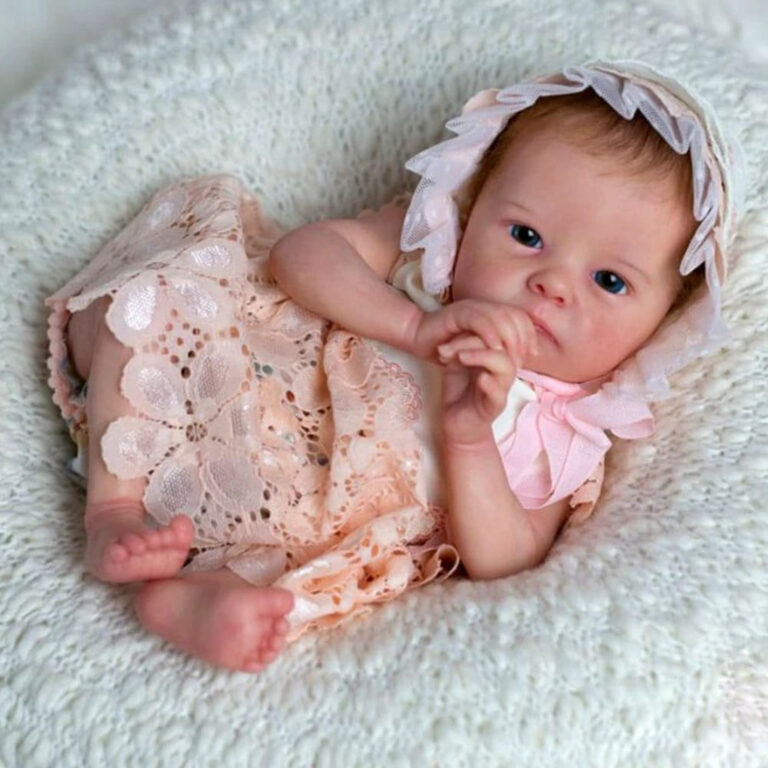Names That Are Flowers: A Timeless Tradition of Beauty and Meaning
Throughout history and across cultures, humans have drawn inspiration from nature to name their children. Among the most enduring and enchanting choices are flower names, which evoke images of beauty, fragrance, and symbolism. From the delicate Lily to the bold Rose, flower names have captured the imagination and adorned countless individuals with a touch of nature’s charm.
In this comprehensive guide, we will delve into the fascinating world of flower names, exploring their historical origins, cultural significance, and modern trends. We will uncover the symbolism and meanings associated with these names, analyze their popularity over time, and examine the factors that influence their choice. Join us on a fragrant journey as we celebrate the timeless beauty and enduring appeal of Names That Are Flowers.
Names That Are Flowers

Floral names are a timeless and beautiful way to give your child a unique and meaningful name. From classic choices like Rose and Lily to more unusual options like Poppy and Ivy, there are plenty of flower names to choose from.
Meaningful Choices
Many flower names have special meanings, making them even more special for your child. For example, the name Rose symbolizes love and beauty, while Lily represents purity and innocence. Poppy is a symbol of remembrance, and Ivy is associated with loyalty and friendship.
Unique and Uncommon
If you’re looking for a more unique flower name, there are plenty of options to choose from. Some less common flower names include:
- Aster (meaning “star”)
- Calla (meaning “beautiful”)
- Dahlia (meaning “wealth”)
- Freesia (meaning “friendship”)
- Heather (meaning “admiration”)
Botanical Beauties
Some flower names are inspired by the botanical names of the flowers themselves. These names can be more scientific and less common, but they can also be very beautiful.
- Agapanthus (meaning “flower of love”)
- Delphinium (meaning “dolphin”)
- Gladiolus (meaning “sword”)
- Hortensia (meaning “hydrangea”)
- Petunia (meaning “little trumpet”)
Literary and Cultural References
Some flower names have been popularized by literature and culture. For example, the name Ophelia is associated with the tragic heroine in Shakespeare’s play “Hamlet.” The name Daisy is associated with the innocent and cheerful character in the children’s book “The Great Gatsby.”
Celebrities with Flower Names
Many celebrities have flower names, including:
- Drew Barrymore (meaning “dewdrop”)
- Lily Collins (meaning “lily”)
- Rose Byrne (meaning “rose”)
- Violet Affleck (meaning “violet”)
- Poppy Delevingne (meaning “poppy”)
FAQ Summary
Are flower names more popular for girls or boys?
Flower names are more commonly given to girls, with names like Lily, Rose, and Violet being among the most popular.
What are some unique and creative flower names?
Unusual flower names include Rue, Zinnia, and Aster, which offer a distinctive and memorable choice.
How do flower names reflect cultural traditions?
Flower names often carry cultural significance, with certain flowers being associated with specific virtues or qualities in different cultures.
What is the symbolism behind the name Lily?
The Lily symbolizes purity, innocence, and beauty, making it a popular choice for baby girls.
How have flower names influenced pop culture?
Celebrities and pop culture figures have played a role in popularizing flower names, with examples like Blue Ivy Carter and Poppy Delevingne.





